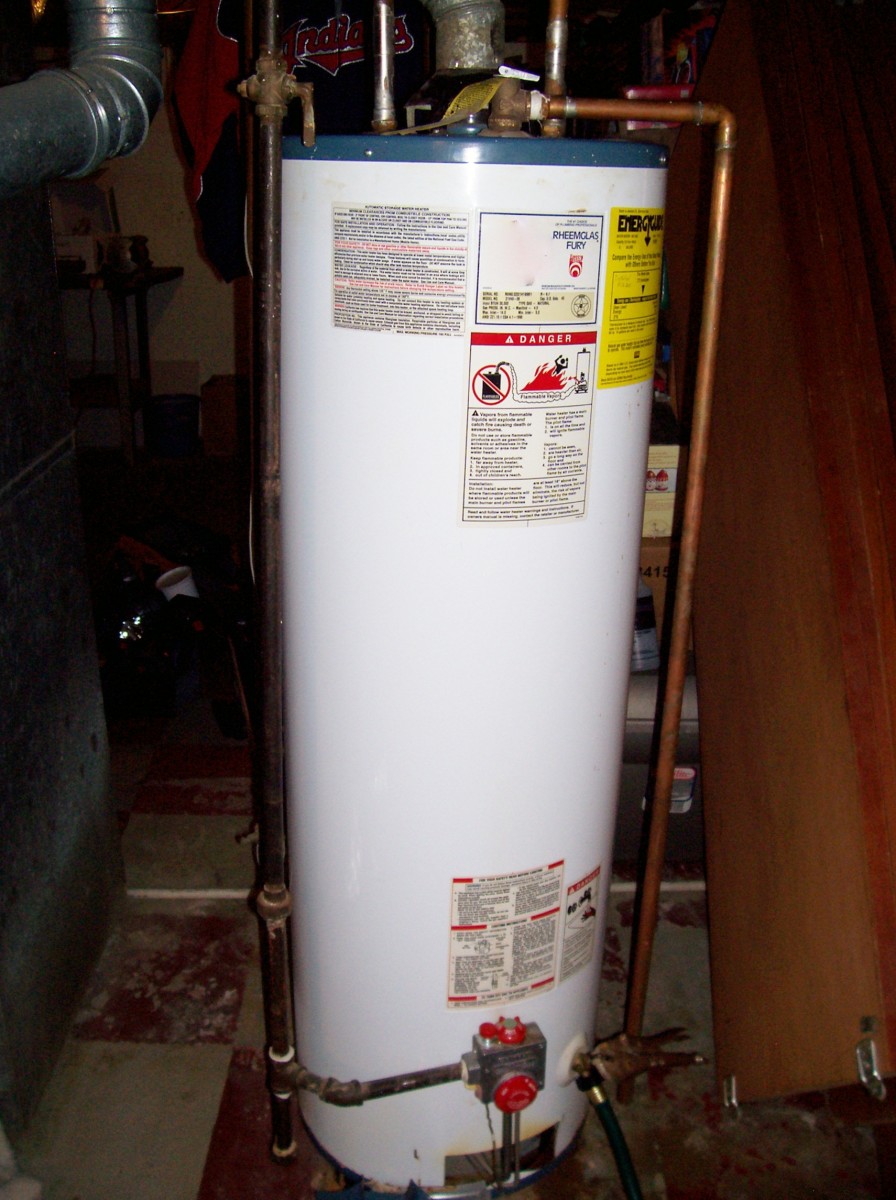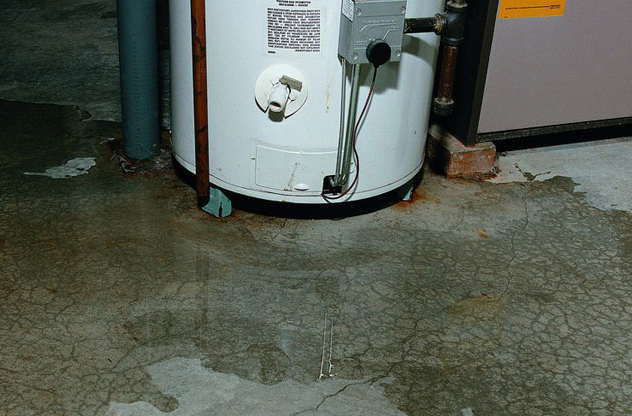5 Ongoing Water Leak Sources
5 Ongoing Water Leak Sources
Blog Article
What're your thoughts about Common Causes of Water Leaks in the Home?

"Be cautious of little expenses. A small leak will sink a wonderful ship." - Benjamin Franklin.
He could not have actually been extra appropriate due to the fact that water leakages in our residences lead to a waste of resources, enhancing our water costs. This rise may seem minimal at first, it can lead to significant expenditures that can break your financial institution. Other than an increase in costs, water leaks additionally trigger undesirable organic development, structural damages, and even electric risks.
Identifying if you have a water leak isn't constantly easy because of being incapable to see most of the pipework in your house. If you have had a rise in your water expenses lately, discovered water discolorations on ceilings and also walls, smelt poor smell, etc. You could wish to think about requesting plumbing services to get it took a look at.
There are numerous reasons for water leakages, and we have actually compiled the typical factors below. Examine to see if you have actually had related issues in your home recently.
Weakened pipeline joints
Pipeline joints are the parts of our plumbing system where the pipelines connect. It is essential to keep in mind that also though pipelines are designed to stand up to pressure as well as last for a while, they weren't developed to last for life; as a result, they would wear away over time. A typical sign of harmed pipeline joints is extreme sound from taps.
High water stress
You discovered your residence water stress is more than common but then, why should you care? It runs out your control.
It would be best if you cared because your typical water stress should be 60 Psi (per square inch) and although your house's plumbing system is made to hold up against 80 Psi. An increase in water pressure can put a pressure on your residence pipelines and lead to splits, or worse, ruptured pipelines. Get in touch with a specialist regarding controling it if you ever discover that your residence water pressure is greater than normal.
Deterioration
As your pipework gets older, it obtains weak and a lot more prone to rust after the constant flow of water with them, which can eat away at pipelines as well as cause splits. A noticeable sign of deterioration in your home plumbing system is discoloration as well as although this might be tough to find due to the majority of pipes hidden away. We encourage doing a regular checkup every few years and alter pipes once they are old to guarantee a sound plumbing system
Clogged drains
Food particles, dirt, and also oil can trigger clogged drains pipes as well as obstruct the passage of water in and out of your sink. If undealt with, boosted stress within the gutters can cause an overflow and end up breaking or bursting pipes. To prevent clogged up drains in your home, we suggest you to avoid pouring bits away as well as routine cleansing of sinks.
Busted seals
An additional cause of water leaks in homes is broken seals of home appliances that utilize water, e.g., a dishwashing machine. When such home appliances are set up, seals are installed around water connectors for very easy flow of water via the maker. A busted seal can create leakage of water when in usage.
With little or no understanding of plumbing, understanding your home's plumbing system adequate to deal with a few of these issues (without repercussion) can be a headache. Contact plumbing specialists in Pittsburgh, Providence, Rochester, and environ today, as well as they'll make those problems vanish.
He could not have actually been more best since water leaks in our houses result in a waste of sources, raising our water costs. If you have had a rise in your water costs recently, observed water spots on walls and ceilings, scented poor smell, etc. An increase in water pressure can place a pressure on your residence pipelines and lead to splits, or even worse, burst pipes. Another reason of water leakages in houses is damaged seals of home appliances that use water, e.g., a dishwashing machine. When such devices are mounted, seals are mounted around water adapters for very easy flow of water via the equipment.
5 TIPS IN DETECTING A WATER LEAK IN YOUR HOUSE
Water leaks can be hard to find in your home, yet they can be so common. We rely on water every day in our home, which is why a leak can cause big problems. By detecting them early, you can save money and further damage, getting the problem fixed as soon as possible. Here are 5 tips to help you detect a water leak in your home, so you can contact a plumber straight away and get the issue sorted.
Check your water meter
Many people underestimate the value of the water meter in their home. It can be one of the best ways to tell if you have a leak early on, so you can get on top of it before issues start arising. Start by turning off all the water in your home: taps, washing machine, dishwasher, etc. Now take a look at the meter – if it’s still changing with everything turned off, it’s likely you have a fast-flowing leak that you need to get on top of straight away. If nothing changes, then leave your meter for an hour or two and come back to it. Did it change in this time? It’s likely you have a slower leak, which isn’t as urgent but still handy to get fixed so it doesn’t become a bigger problem.
Keep an eye on your bill
Another good way to detect a leak in your home is by keeping an eye on your water bill. It helps if you have a past bill from the same period of time. You can compare like for like and determine whether your water usage has increased significantly. If it has, there may be a leak in your system that you haven’t picked up before. A professional plumber can check through all of your pipes and determine where it is coming from.
Look for damage
If you have a leak inside your home, you will notice damage over time. Take a look at your showers and bathtubs and note whether any of the tiles surrounding the area seem to be discoloured or damaged in any way. There may be water stains, mould or peeling material that has resulted from a build up of moisture over time. Make sure you take a look under sinks at the back of cupboards that don’t get accessed regularly. This is where damage can go unnoticed and build up over periods of time.

I'm just very taken with Reasons for Water Heater Leaks and I'm hoping you enjoyed our blog post. If you liked our blog post if you please remember to pass it around. Thanks a lot for your time invested reading it.
Burst issue? Contact. Report this page